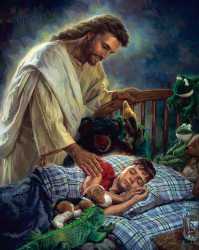The book relates the development of language to the development of myths, religions, and cultic practices in world cultures. Allegro argues, through etymology, that the roots of Christianity, and many other religions, lay in fertility cults, and that cult practices, such as ingesting visionary plants to perceive the mind of God, persisted into the early Christian era, and to some unspecified extent into the 13th century with reoccurrences in the 18th century and mid-20th century, as he interprets the fresco of the Plaincourault Chapel to be an accurate depiction of eucharistic ritual ingestion of Amanita muscaria. Allegro argued that Jesus never existed as a historical figure but was rather a mythological creation of early Christians under the influence of psychoactive mushroom extracts such as psilocybin.[

